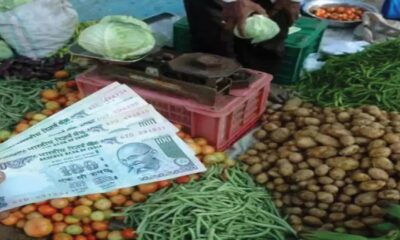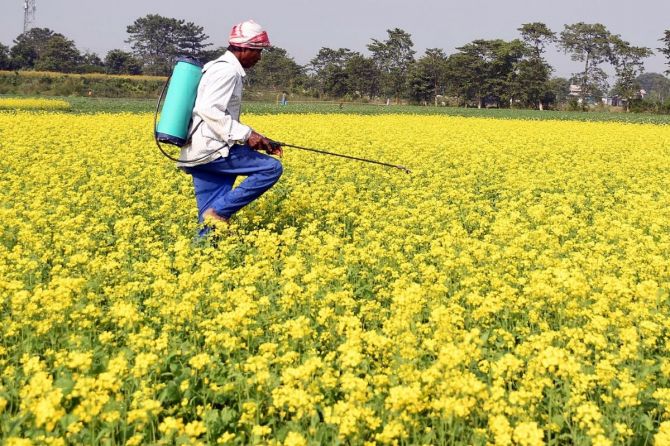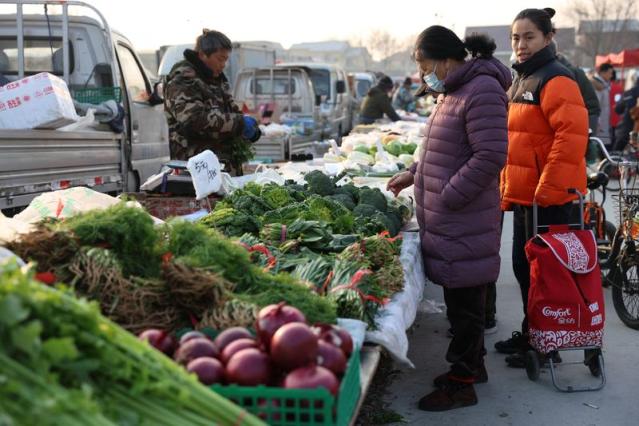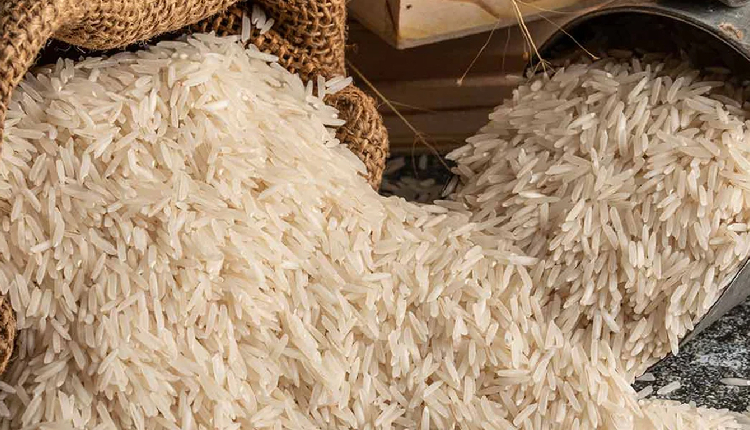Policy
RBI to set up DIGITA to check illegal lending apps
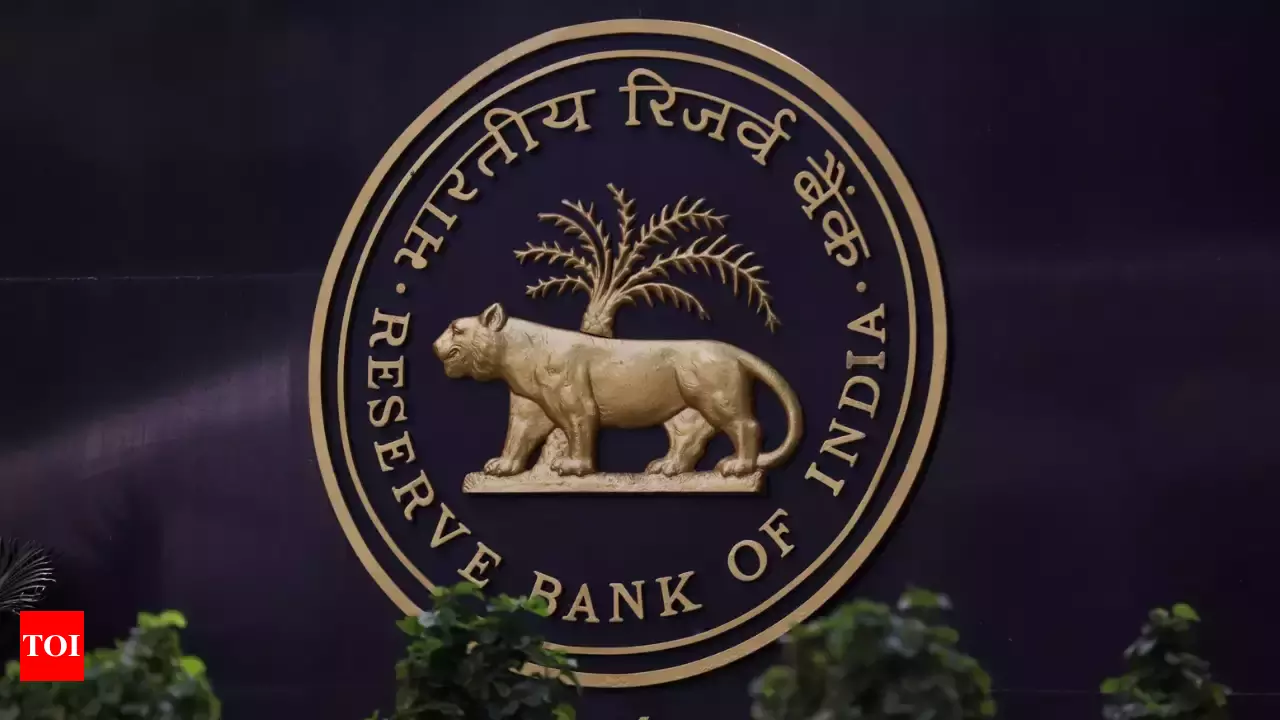
The Daily Guardian is now on Telegram. Click here to join our channel (@thedailyguardian) and stay updated with the latest headlines.
For the latest news Download The Daily Guardian App.
Policy
New Govt set to initiate agricultural sector reforms in pesticides and seeds
Economic
Raghuram Rajan urges India to harness demographic dividends and prioritize job creation
Economic
China: Consumer prices up 2nd month, factory deflation persists
Economic
Kalanamak rice exports get boost as Govt waives duty on 1,000 tonnes
Economic
World Bank projects Indian economy to grow 7.5% in FY24
Policy
Over 43.3 cr monthly digital transactions in India: FM Sitaraman
-

 Opinion3 years ago
Opinion3 years agoPakistan-China nexus trying to sow doubts in Indian society about governance systems
-

 Entertainment8 years ago
Entertainment8 years agoThe final 6 ‘Game of Thrones’ episodes might feel like a full season
-

 Entertainment8 years ago
Entertainment8 years agoThe old and New Edition cast comes together to perform
-

 Fashion8 years ago
Fashion8 years agoThese ’90s fashion trends are making a comeback in 2017
-

 Opinion3 years ago
Opinion3 years agoEnvironment day with a missing spring and lost souls
-

 Politics8 years ago
Politics8 years agoIllinois’ financial crisis could bring the state to a halt
-

 Entertainment8 years ago
Entertainment8 years agoNew Season 8 Walking Dead trailer flashes forward in time
-

 Entertainment8 years ago
Entertainment8 years agoMod turns ‘Counter-Strike’ into a ‘Tekken’ clone with fighting chickens



